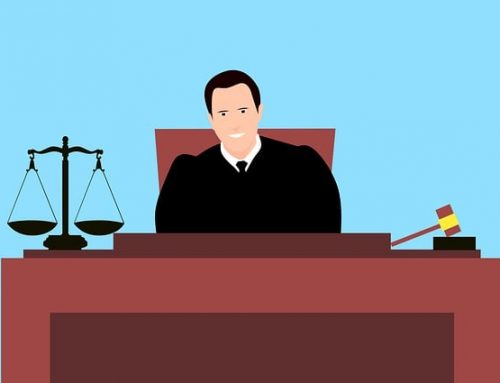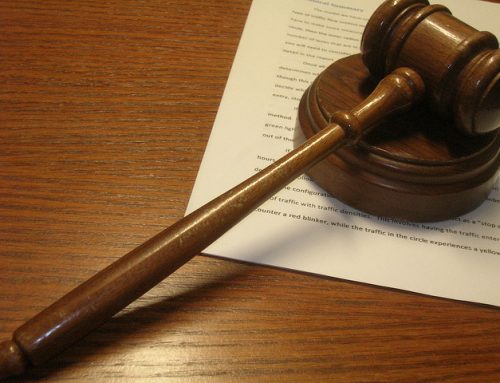Given the recent events, people have taken to the streets in an effort to protest a long history of mistreatment by the police directed at people of color. Some of the protests were peaceful, some of them were rowdy, and some degenerated into downright chaos. When protests become riots, looting is almost sure to follow. The State of California has its own law regarding looting – California Penal Code 463 PC.
Under the law, looting is described as a crime similar to second-degree burglary, however if it happens during a declared state of emergency, a local emergency, resulting from an earthquake, flood, fire, riot, or other man-made or natural disaster shall be guilty of the crime of looting.
To be charged with looting, a person must commit any of the following crimes during a state of emergency: burglary, grand theft, or petty theft. A state of emergency must be called by the governor or a local governing body. Looting is a pretty rare crime, and generally doesn’t occur much during natural disasters (though it does happen sometimes), they often accompany riots because people are angry and wanting to put that anger into action.
The penalties for looting depend on the specific crime the individual committed. Looting by burglary and (most) looting by grand theft are considered “wobblers” in the State of California that can be charged as either a misdemeanor or a felony depending on the circumstances of the crime and the defendant’s prior criminal history. If charged as a misdemeanor, the potential sentence includes up to 1 year in county jail. If charged as a felony, the potential sentence includes 16 months, 2, or 3 years in custody. Additionally, for looting by grand theft or burglary, there is a mandatory minimum jail sentence of 180 days.
Looting by petty theft is always a misdemeanor that is punishable by at least 90 days in jail and up to 6 months.








Leave A Comment